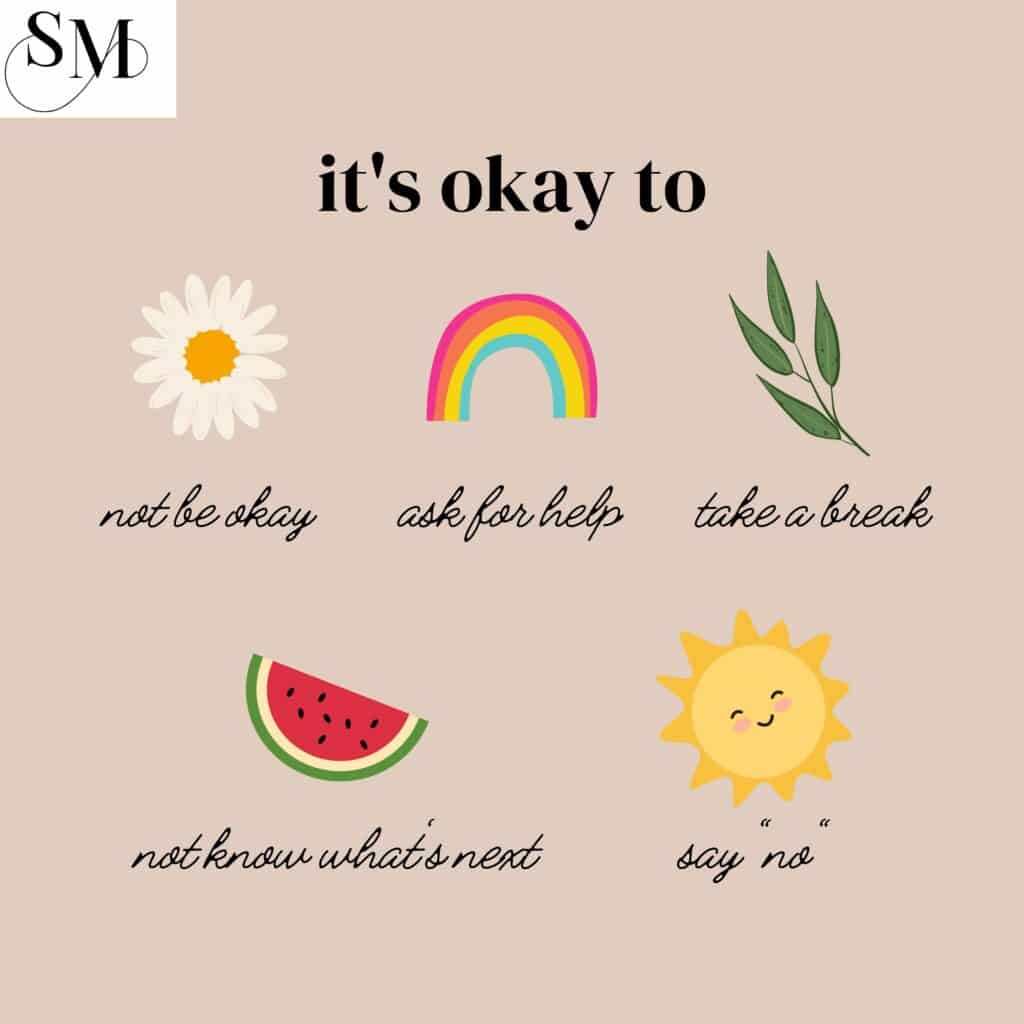Anxiety and depression are two of the most common mental health issues affecting millions of people globally. These conditions can severely impact daily life, relationships, work productivity, and overall well-being. In such situations, the role of a psychologist becomes crucial in providing the necessary tools and strategies to help individuals manage and overcome these challenges.
In this blog, we’ll explore how psychologists play a pivotal role in treating anxiety and depression, the techniques they use, and the difference their intervention can make in the lives of those struggling with these mental health issues.

Understanding Anxiety and Depression
Before diving into the role of a psychologist, it’s important to understand the nature of anxiety and depression:
- Anxiety is characterized by feelings of worry, fear, or dread that can interfere with daily activities. People with anxiety disorders may experience excessive nervousness, irritability, and difficulty concentrating.
- Depression, on the other hand, involves persistent feelings of sadness, hopelessness, and a loss of interest in activities. It can cause significant emotional and physical problems, making it difficult to function day-to-day.
Both conditions are often interlinked, and it’s not uncommon for individuals to experience both anxiety and depression simultaneously. This is where psychologists step in, offering professional guidance to navigate these challenges.
The Role of a Psychologist in Anxiety and Depression Treatment
1. Assessment and Diagnosis
Psychologists are trained to assess and diagnose mental health conditions based on a detailed evaluation of the patient’s thoughts, emotions, and behaviors. The initial stage of treatment often involves an in-depth conversation to understand the severity of the symptoms and how they are affecting the individual’s life. Through various psychological assessments, they determine whether the patient has an anxiety disorder, depression, or both, and the appropriate course of action.
2. Therapeutic Interventions
The core of a psychologist’s role lies in providing effective therapeutic interventions. Some common therapies used for treating anxiety and depression include:
- Cognitive Behavioral Therapy (CBT): CBT is one of the most widely used techniques. It focuses on identifying and challenging negative thought patterns and replacing them with healthier, more constructive ways of thinking. By addressing distorted thoughts, CBT helps patients manage anxiety and depressive symptoms more effectively.
- Mindfulness-Based Therapy: Mindfulness practices help patients focus on the present moment, reducing the overwhelming thoughts that fuel anxiety and depression. Psychologists teach mindfulness techniques such as deep breathing and meditation to help individuals stay grounded.
- Interpersonal Therapy (IPT): For those whose depression stems from relationship issues, IPT focuses on improving communication skills, resolving interpersonal conflicts, and building healthier relationships.
- Exposure Therapy: This is particularly helpful for treating anxiety disorders. Exposure therapy helps individuals confront their fears in a controlled environment, allowing them to gradually reduce their anxiety response over time.
3. Providing Emotional Support
An essential part of a psychologist’s role is offering a safe, non-judgmental space where patients can express their feelings and thoughts freely. Many individuals struggling with anxiety and depression feel isolated, misunderstood, or ashamed. Psychologists provide a supportive environment where patients are encouraged to open up, feel heard, and work through their emotions.
4. Teaching Coping Strategies
Psychologists equip patients with effective coping strategies to deal with overwhelming emotions. Techniques such as stress management, relaxation exercises, and time management can make a significant difference in helping patients manage their anxiety and depression in daily life. These strategies help individuals build resilience and confidence, empowering them to handle challenges more effectively.
5. Monitoring Progress and Adjusting Treatment
Psychologists regularly monitor the progress of their patients, adjusting treatment plans when necessary. Mental health treatment is rarely linear, and setbacks are common. By continuously evaluating the patient’s condition, a psychologist can tweak therapeutic interventions, introduce new techniques, or refer the patient to other professionals, such as psychiatrists, if medication is needed.
6. Family and Couple Counseling
In many cases, the struggles of an individual with anxiety or depression can affect their relationships. Psychologists may recommend family or couple counseling to improve communication and reduce tension. This allows loved ones to better understand the individual’s condition and learn how to provide the right kind of support.
The Benefits of Seeing a Psychologist for Anxiety and Depression
Seeking professional help from a psychologist can provide a range of benefits, including:
- Tailored Treatment: Psychologists create personalized treatment plans based on the unique needs of each individual. This targeted approach ensures that patients receive the best care for their specific condition.
- Long-Term Relief: Unlike temporary fixes, psychological interventions focus on building long-term resilience. Therapy equips individuals with the skills and insights to manage their anxiety and depression even after treatment has ended.
- Prevention of Relapse: Regular sessions with a psychologist can help prevent relapses. With ongoing support, individuals can maintain mental wellness and avoid falling back into destructive patterns.
When to Seek Help
If anxiety or depression is affecting your quality of life, relationships, or ability to function at work or school, it may be time to seek help from a psychologist. Early intervention can prevent the condition from worsening and lead to quicker recovery.
Conclusion
Anxiety and depression are complex mental health conditions, but with the right support, they are manageable. Psychologists play an invaluable role in helping individuals understand their condition, develop coping mechanisms, and ultimately lead healthier, happier lives. Whether through talk therapy, coping strategies, or simply providing a compassionate ear, the role of a psychologist in treating anxiety and depression cannot be understated.
If you or a loved one is struggling with anxiety or depression, don’t hesitate to reach out to a psychologist for help. Taking that first step toward treatment can make all the difference in the journey to mental wellness.
If you are looking for the best psychologist Meerut, visit Surbhi Manocha’s website. She is a renowned psychologist in Meerut and has helped many individuals overcome their mental health challenges. Click the link below to learn more about her services.
